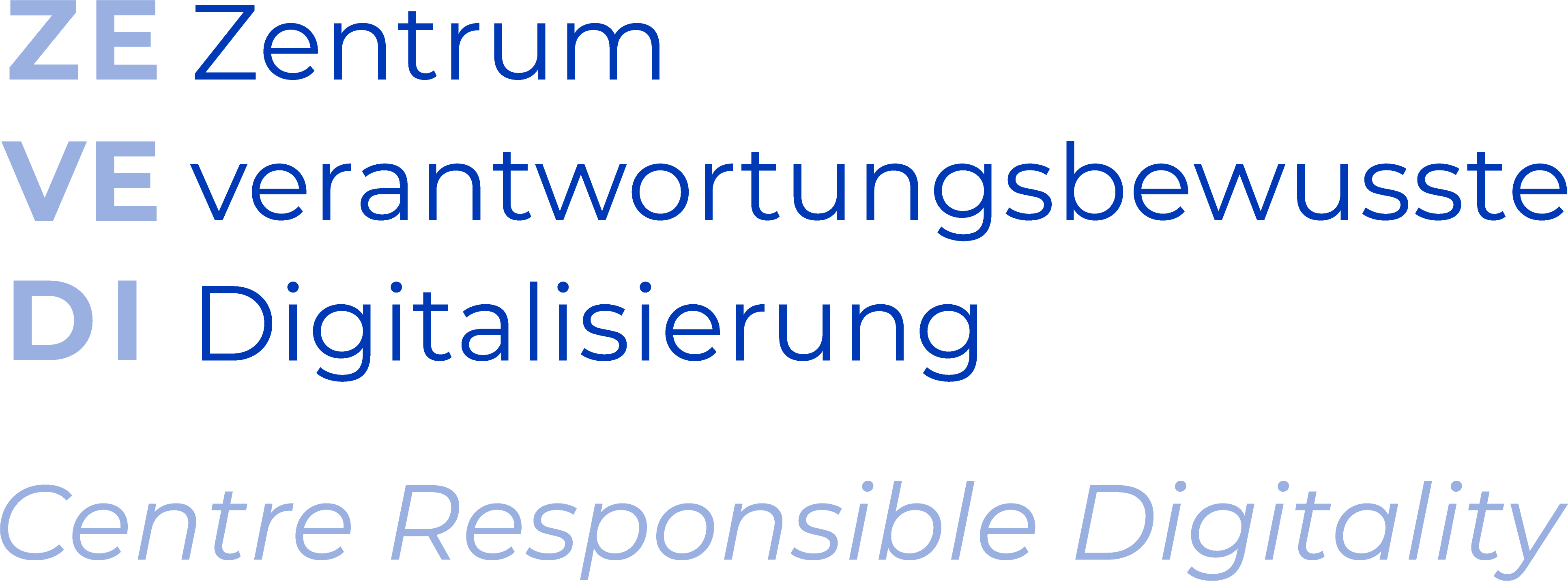
For over a quarter of a century, the digitalisation of administration has been one of the most important reform projects in the public sector. The federal Onlinezugangsgesetz (OZG), which came into force in 2017, marked a decisive milestone in the digitalisation of administrative services in direct contact with citizens. In particular, the contact restrictions during the Covid-19 pandemic accelerated the expansion of digital processes and structures, both for the public and within the administration. Despite this undeniable progress, there is still a considerable need for information and advice on the objectives and implementation of the further digitalisation of administrative action.
In its current digital strategy (status 2021), the Hessian state government emphasises the need for a service- and user-oriented administration and comprehensive online access to administrative services at all levels. To achieve this, individual employees in the authorities need a deeper understanding of the potential, challenges and risks of digitalising services or processes in their own area of responsibility, as well as an overview of where, how and to what extent ‘their’ tasks interact with other subject areas, organisational units, stakeholders or governments. Targeted counselling services can help with this self-reflection. To do this, however, the extent of knowledge and ignorance, the subjectively perceived problems, gaps and counselling needs must first be recorded.
This is where the planned ad-hoc project comes in. It provides an overview of the topics and tasks with which administrative authorities in Hesse are confronted. Based on this, the first step is to identify the subject areas in which there are particular uncertainties and therefore an increased need for counselling. The type of advice (conceptual, strategic, technical, legal) required to overcome these challenges will be analysed. The overarching aim is to develop a system of problem situations and task types in connection with digitalisation, which will make it possible to manage advisory services in a more targeted manner. Furthermore, the factors that are seen as relevant and that inhibit and impede reform processes will be identified. This is because the factors that administrative staff perceive as making the conversion of processes or products more difficult offer further indications as to the areas and form in which specific advice and support for reform processes can be introduced in a targeted manner.
Principal Investigators
Prof. Dr. Nathalie Behnke, Technische Universität Darmstadt | more information
Research assistant
Till Jürgens, Technische Universität Darmstadt
